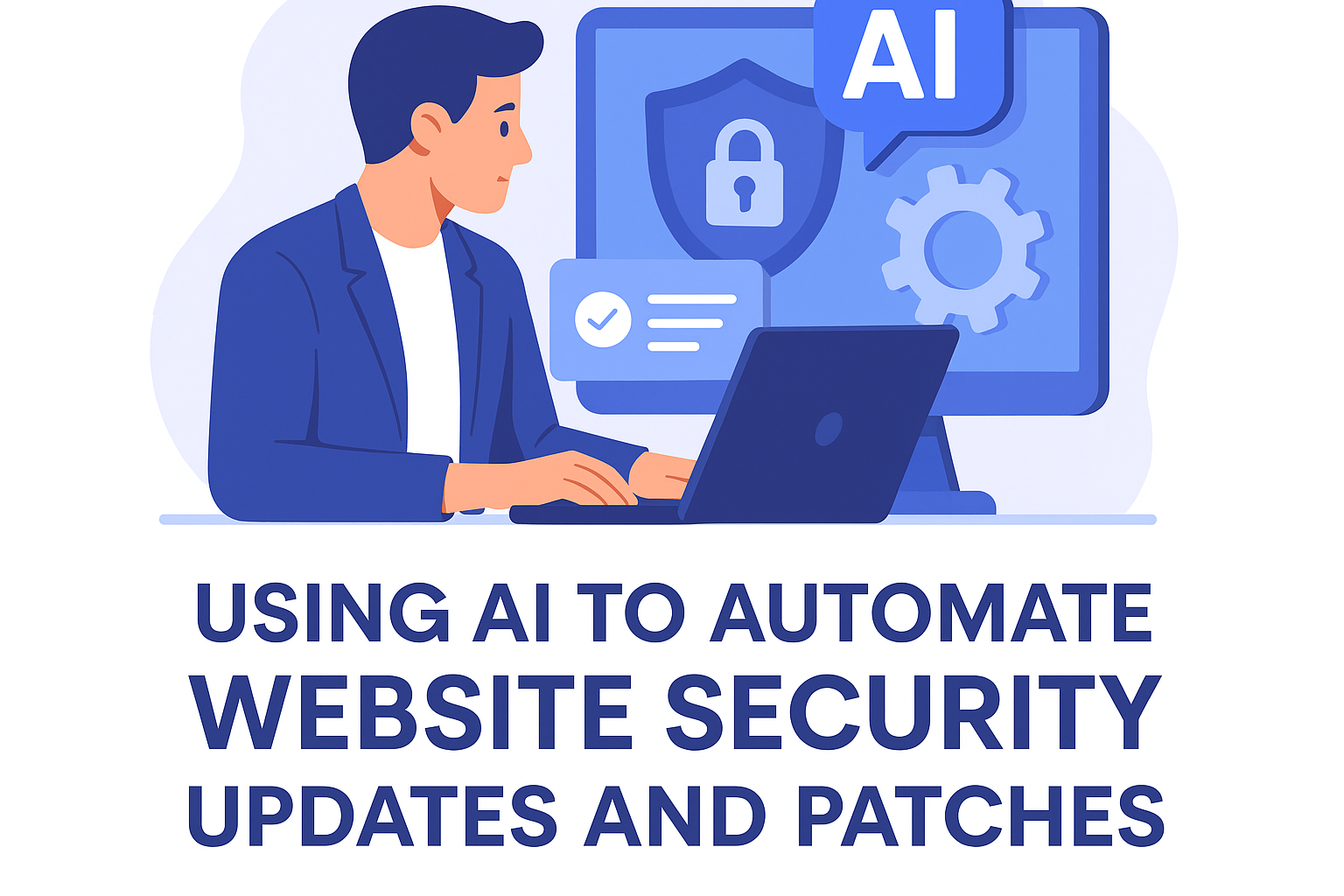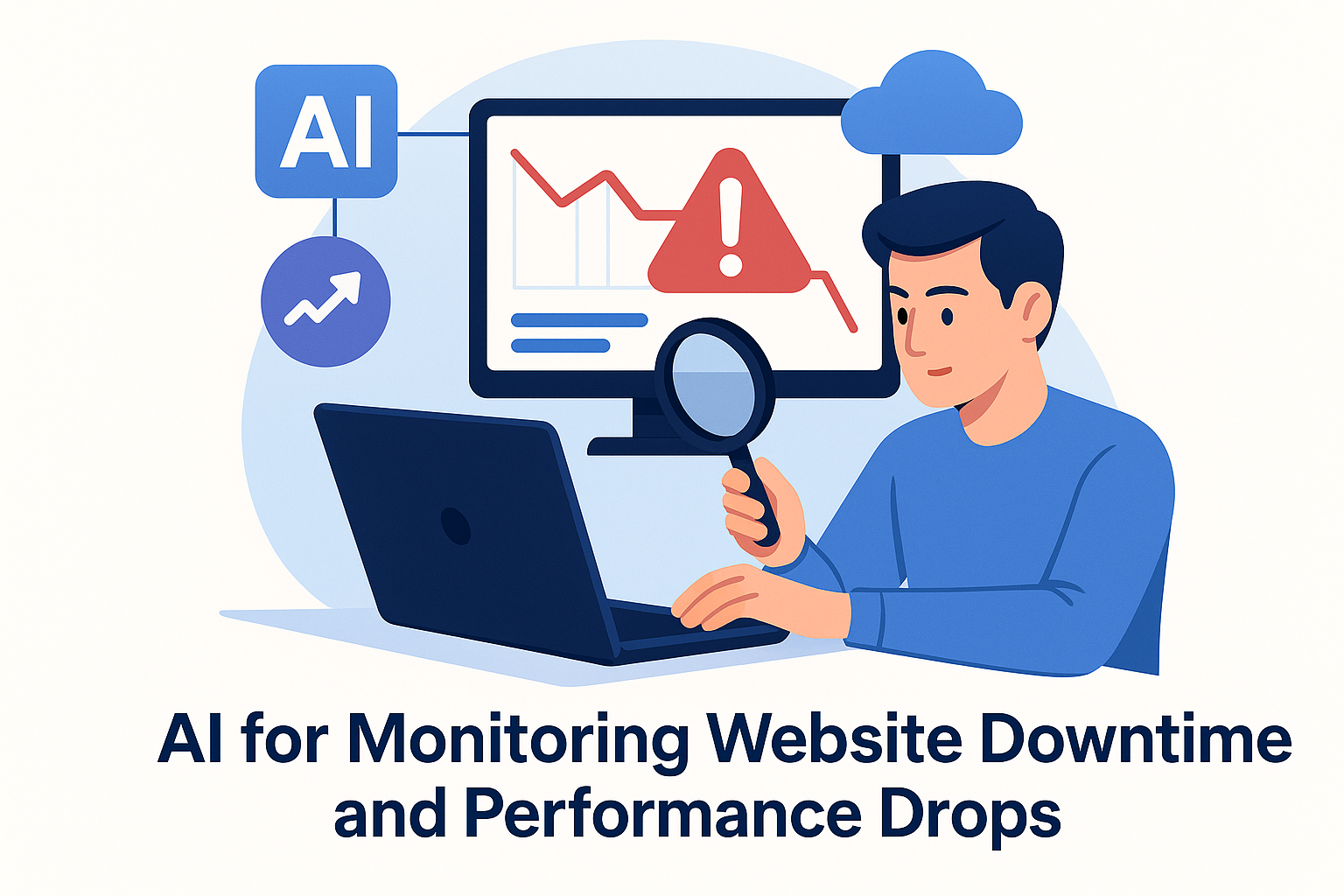Keyword research is the cornerstone of every successful SEO strategy. It’s how we understand search intent, plan content, and drive organic traffic.
But the way we’ve done keyword research for the past decade is about to change—radically.
Artificial intelligence is revolutionizing keyword strategy with real-time data analysis, semantic context, predictive modeling, and user behavior insights. That means for DIY marketers and content creators, keyword research is no longer a technical chore—it’s an AI-enhanced strategic advantage.
In this guide, we explore how AI is transforming keyword research today, where it’s heading tomorrow, and how platforms like DIYSEO GPT are making advanced strategies accessible to everyone.
Traditional Keyword Research: What’s Being Replaced
Before AI, the typical keyword research process looked like this:
- Manually plug terms into keyword tools
- Export spreadsheets
- Analyze volume, difficulty, and CPC
- Create content plans around search volume
- Hope rankings follow
It worked—but it was slow, surface-level, and reactive.
Limitations of Traditional Tools:
- Focused too much on exact match volume
- Ignored semantic variations and user context
- Required constant manual effort
- Didn’t adapt to evolving search behavior (e.g. voice, AI chat, zero-click)
That’s where AI flips the model.
How AI Is Changing Keyword Research
Here are five ways artificial intelligence is redefining what keyword research means in a DIY SEO world:
✅ 1. Real-Time SERP & Intent Analysis
AI tools like DIYSEO GPT can analyze the current top 10 Google results and determine not just what keywords people search—but why.
Prompt Example:
“Analyze the SERP for ‘best marketing automation software’ and suggest content angles, search intent, and keyword clusters.”
AI identifies:
- Commercial vs. informational queries
- Common subtopics across top-ranking pages
- Featured snippet opportunities
- Question-based long-tails from People Also Ask
This gives you context-rich keywords that match how and why people search—not just what they type.
✅ 2. Predictive Keyword Modeling
Traditional tools show you what’s trending now. AI shows you what’s about to trend next.
By pulling from:
- Google trends
- News cycles
- Social signals
- Industry updates
DIYSEO GPT can recommend keywords before competitors see them.
Use Case:
A health supplement brand discovers rising searches around “nootropic sleep stacks” 3 months before it peaks—giving them time to publish, rank, and dominate early.
✅ 3. Semantic & Topical Clustering
Keyword stuffing is dead. AI is built to understand language the way humans do—with synonyms, variations, and topical depth.
Using NLP (natural language processing), DIYSEO GPT identifies:
- Related search entities
- Supporting terms to build topic clusters
- Subtopics that reinforce authority
- LSI-style keywords that enhance semantic value
This helps you build clusters and pillar pages that signal expertise to Google—improving rankings across the board.
✅ 4. Personalized Keyword Suggestions Based on Your Site
With first-party Google Search Console integration, DIYSEO GPT doesn’t just suggest generic keywords—it analyzes your actual data.
Output Includes:
- Keywords you’re ranking for but not optimizing
- Low-hanging fruit (position 8–20)
- Queries generating impressions but low CTR
- Cannibalization flags across similar URLs
This makes your keyword strategy site-specific, dynamic, and tailored for growth.
✅ 5. Hands-Free Keyword Integration into Content
Once you’ve got your keywords, it’s time to write—and the DIYSEO AI Writer does that for you.
Features include:
- Natural keyword placement
- Automatic H1–H3 headers with terms included
- Meta title + meta description with target phrase
- Related questions for schema
- Suggested image alt text and slugs
In other words, you don’t just research keywords—you publish with them, instantly.
What’s Next for Keyword Research in the AI Era?
🔮 Future Trend #1: Searchless Discovery
AI tools like ChatGPT and Google’s Search Generative Experience (SGE) are shifting behavior from “search and click” to “ask and get.”
This means the keyword of the future isn’t always typed—it’s implied.
Expect future AI keyword tools to focus more on:
- Conversational query modeling
- Entity-based optimization
- Zero-click visibility strategies (e.g. featured snippets, voice answers, chat summaries)
🔮 Future Trend #2: Audience-First Keyword Mapping
AI will move beyond keywords to user personas and pathways.
You’ll be able to input:
- Business goals
- Target audience
- Buyer stage
And receive:
“Here are the 20 keywords your audience is searching during the ‘comparison’ stage of their buying journey.”
DIYSEO GPT is already beginning to model this—making it easier than ever to turn search behavior into strategic execution.
🔮 Future Trend #3: Full Keyword → Content → Link Workflow
The future of keyword research won’t end at content.
With the DIYSEO Link Marketplace, you can:
- Choose keywords you’re targeting
- Find backlinks optimized for those terms
- Build campaigns that support your exact strategy
- Track rankings and refine in real-time
Keyword research will evolve from a “first step” into a continuous optimization loop.
Real-World Example: AI-Driven Keyword Success
Challenge: A coaching business needed SEO growth but had no experience or team.
DIYSEO Fix:
- Used DIYSEO GPT to generate a 3-month keyword strategy based on GSC + competitor data
- Created content with DIYSEO AI Writer using mapped keywords
- Promoted 6 pillar posts with the DIYSEO Link Marketplace using keyword-anchored backlinks
Results:
- 60+ keywords ranked within 90 days
- 300% increase in organic traffic
- 4 blog posts hit Page 1—3 of which were AI-written
- ROI-positive SEO with no agency or writer hire
DIYSEO Keyword Strategy Workflow
| Step | Tool | Task |
|---|---|---|
| Discover new keyword clusters | DIYSEO GPT | Based on industry + real-time data |
| Prioritize by intent & opportunity | DIYSEO GPT | Filter by volume, CTR, GSC rank |
| Integrate into content | DIYSEO AI Writer | Automatically applies terms, headers, meta |
| Build links to keyword targets | DIYSEO Link Marketplace | Drive authority and improve rankings |
| Optimize monthly | DIYSEO GPT | Adjust strategy based on movement and insights |
Final Thoughts
Keyword research is no longer just about keywords.
With AI—and especially with DIYSEO—you’re entering a world where you can:
- Uncover new opportunities before they trend
- Build intent-aligned content from keyword to call-to-action
- Use your site’s actual data to drive smart decisions
- Scale SEO without the need for spreadsheets, guesswork, or bottlenecks
This isn’t just the future of keyword research—it’s the future of DIY SEO.
Frequently Asked Questions
1. How is AI transforming keyword research for DIY SEO?
AI is revolutionizing keyword research by introducing efficiency and precision on an unprecedented scale. Traditionally, keyword research was a labor-intensive process involving brainstorming lists of potential keywords, filtering them through tools to find search volume and competition metrics, and then finally selecting the best options. With AI, much of this process can be automated. AI-powered tools can analyze large datasets from search engines, social media, and other platforms instantly to identify both obvious and obscure keyword opportunities. They employ natural language processing to understand and predict search intent, helping DIY SEO enthusiasts recognize phrases that align closely with user queries. Moreover, AI’s learning capabilities mean that these tools can rapidly adapt to changing SEO trends and provide insights that are more current and relevant than ever before.
2. What are some AI tools currently available for keyword research?
Several AI-powered tools are transforming the landscape of keyword research. Noteworthy mentions include tools like Google’s RankBrain, which uses machine learning to better understand search queries. Other sophisticated platforms such as Ahrefs, SEMrush, and Moz incorporate AI to offer features that analyze competitor keyword strategies, visualize keyword performance over time, and suggest profitable long-tail keywords. Deep learning models can highlight semantic relationships between keywords, thereby uncovering niche topics you might not have considered. For those delving into DIY SEO, these tools simplify the process by suggesting data-driven strategies and automating many of the traditional manual tasks involved in keyword research.
3. Will AI eliminate the need for human involvement in keyword research?
While AI significantly enhances the efficiency and accuracy of keyword research, it is unlikely to eliminate the human touch entirely. AI can process and interpret massive amounts of data faster than any human, but it doesn’t fully understand the nuances of branding, the emotional components of marketing, or the unique insights that only come from human creativity and intuition. Humans are needed to interpret AI outputs in the context of broader marketing goals, campaign strategies, and brand identity. Additionally, keyword research isn’t just about finding high-volume search terms; it’s about understanding the audience’s intent and language, which often requires empathetic insight that AI can’t provide alone. AI tools should be viewed as allies or assistants to enhance the human-led SEO process rather than replacements.
4. How does AI help with predictive keyword analysis?
AI is particularly powerful when it comes to predictive keyword analysis. By aggregating and analyzing search patterns, AI can forecast emerging trends and predict which keywords will grow in importance, allowing SEO strategists to get ahead of the curve. By using historical search data, AI models can project future search behaviors and suggest keywords that are likely to gain traction. This is invaluable for planning long-term content strategies and can help businesses capitalize on trends before they peak. Additionally, AI can alert marketers to shifts in language usage or sentiment, paving the way for more nuanced content strategies. This predictive capacity is one of AI’s greatest strengths, setting it apart from traditional keyword research methodologies.
5. Are there any risks associated with AI in keyword research?
While AI offers significant advancements in keyword research, there are potential risks involved. One primary concern is the dependence on AI-generated data, which can inadvertently lead to a lack of diversity in keyword selections. If everyone uses the same AI tools and strategies, this could result in a saturation of similar content and keywords, ultimately diluting uniqueness and competitive advantage. Furthermore, algorithms are not infallible and may propagate errors or biases present in their training data. For DIY SEO practitioners, understanding how to validate and contextualize AI outputs is crucial to avoid blindly following AI-generated suggestions that might not align perfectly with their specific business goals or audience needs. As with any tool, the key is to use AI as part of a balanced approach that combines technology with human oversight and insight.



